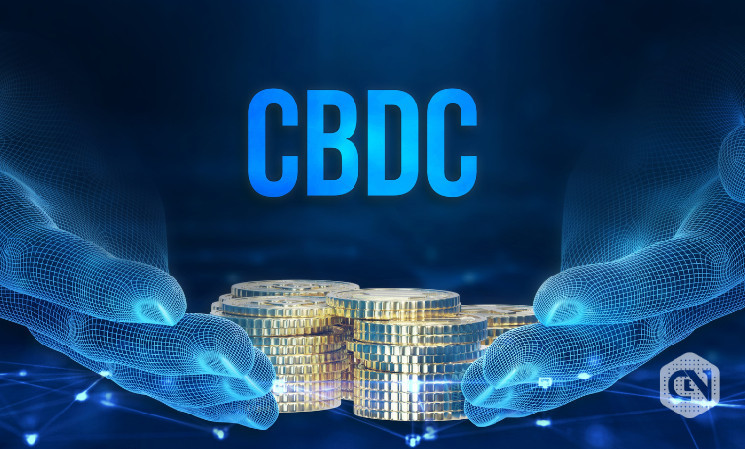Dr. Peter Stonge, a well-renowned professor on X who educates the masses on economics and freedom, recently made a video on the acceptance of blockchain technology and CBDCs in Thailand, along with the corruption in the Thai government whose traces can be observed in other countries as well.
We looked at the post to study real-time cases and build parallels with what Dr. Stonge had to say.
Thailand bribes voters into a CBDC.
Free cash — but only if you sign on for government surveillance.
Here in the US, they’ll use “Universal Basic Income” to turn falling incomes into a CBDC financial prison. pic.twitter.com/CyQlbBbZN7
— Peter St Onge, Ph.D. (@profstonge) July 29, 2024
Universal Basic Income (UBI) and Central Bank Digital Currencies (CBDCs) increasingly intertwine in discussions about modern economic solutions. While each has its own set of advantages, their combination poses significant risks to economic freedom.
Sam Altman’s UBI Experiment
Sam Altman of OpenAI recently concluded a decade-long experiment aimed at promoting UBI by distributing free money to random individuals and observing the outcomes. The findings were eye-opening: recipients tended to work less and save less, and many ended up deeper in debt. Despite the influx of free money, their health and financial conditions did not improve; in fact, many were worse off. These results challenge the effectiveness of UBI initiatives and underscore potential pitfalls.
Recent Examples and Trends
Thailand’s government has announced a program to distribute UBI via CBDCs, marking a significant move towards integrating these two concepts. Similarly, during the COVID-19 pandemic, the US and Canada implemented UBI-style policies such as stimulus checks and unemployment benefits, setting a precedent for future UBI programs potentially linked to digital currencies.
Potential Risks of UBI
The combination of UBI and CBDCs raises several concerns. Chief among them is the potential for increased state surveillance and control over individual financial transactions. CBDCs could allow governments to monitor and regulate spending, thereby undermining economic freedom and privacy. The centralized nature of CBDCs could also lead to bureaucratic overreach, where authorities have the power to restrict or promote certain financial behaviors.
Implications for Economic Freedom
The integration of UBI with CBDCs could significantly impact individual economic autonomy. Historical examples show that state control over financial systems often reduces personal freedom. If not carefully managed, the combined implementation of UBI and CBDCs could transform from a tool of economic stability into a financial control mechanism, eroding personal financial autonomy.
While UBI and CBDCs offer promising solutions to some economic challenges, their integration must be cautiously approached. Ensuring a balanced implementation that protects economic freedom and personal privacy is crucial. Public discourse and careful policy design are essential to harness the benefits of these innovations without compromising individual autonomy.Also Read: Bitcoin Pushes Toward $70K Post Trump’s Weekend Address
 cryptonewsz.com
cryptonewsz.com
